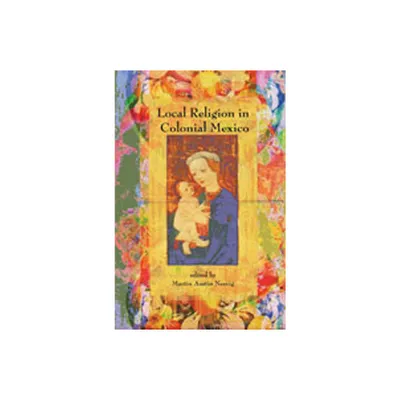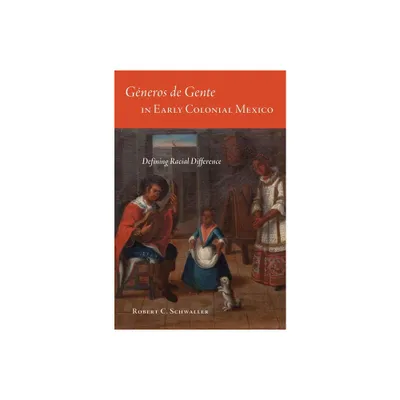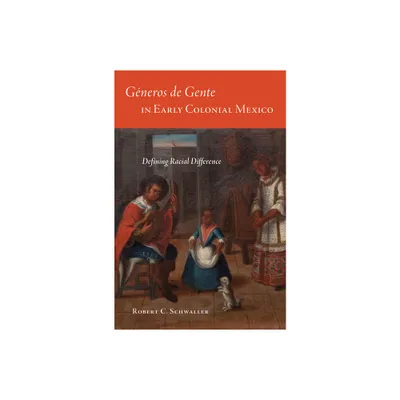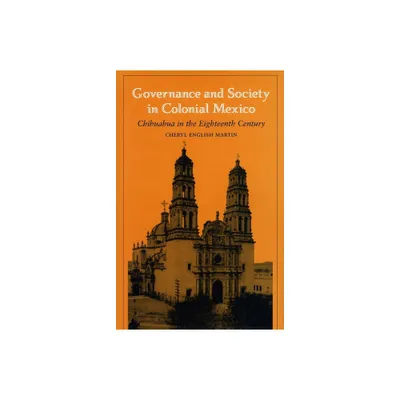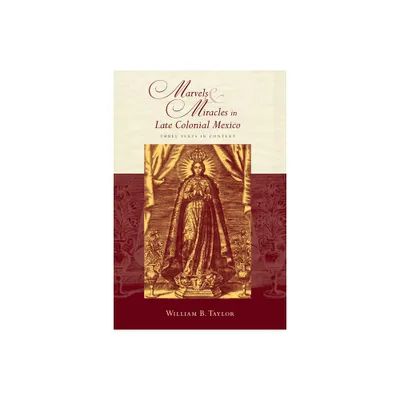Home
Convent Life Colonial Mexico: A Tale of Two Communities
Loading Inventory...
Barnes and Noble
Convent Life Colonial Mexico: A Tale of Two Communities
Current price: $24.95


Barnes and Noble
Convent Life Colonial Mexico: A Tale of Two Communities
Current price: $24.95
Loading Inventory...
Size: Paperback
*Product Information may vary - to confirm product availability, pricing, and additional information please contact Barnes and Noble
The Catholic Church produced an enormous volume of written material designed to ensure the servility of nuns. Reading this body of proscriptive literature alongside nuns’ own writings, Kirk finds that practice often diverged from theory. She analyzes how seventeenth- and eighteenth-century nuns formed alliances and friendships in defiance of Church authorities’ efforts to contain and control them. In the Mexican convents that form the basis of Kirk's study, nuns developed a powerful, counterhegemonic spirit of female solidarity, establishing communities that made possible a surprising degree of productive autonomy, despite official promotion of oppressive ideas about gender and religiosity. Kirk also examines the motivations and discursive structures behind the Church’s desire to regulate all aspects of convent life.
Drawing on a rich and diverse body of literature that includes little-known texts, religious tracts, and didactic manuals on convent behavior, historical artifacts including Inquisition documents, letters, sermons, and official decrees, as well as poetry and inspirational religious biographies of exemplary nuns, Kirk’s methodology is a departure from studies of the early modern nun as religious writer, focusing instead on the nun as historical agent. Kirk frames her study with well-regarded theory on discourse and gender, including works by Roland Barthes, Judith Butler, Michel Foucault, and Joan Scott. Addressing such important questions as the relationship between power and gender, female colonial agency and authorship, early modern subjectivity, and conflicting gender ideologies, Kirk demonstrates that both sides – the nuns and the Church authorities – are shown to manipulate, through conflicting discourses, the nuances of power and resistance. This first in-depth study of the positive community dynamics of female religious in the early modern Spanish world, as seen through their own words, will appeal to scholars of colonial, Latin American, women’s, and religious studies.




